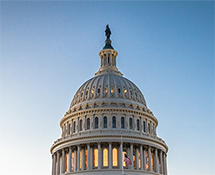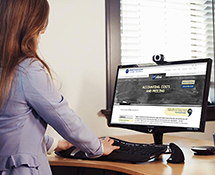
Sign Up For Our Weekly Emails
Get the latest updates on special offers, courses, events, webinars and books from Federal Publications Seminars.
Thank You
You'll soon be receiving updates about special offers, events, & more.
Thank You
You'll soon be receiving updates about special offers, events, & more.
Cart
|




